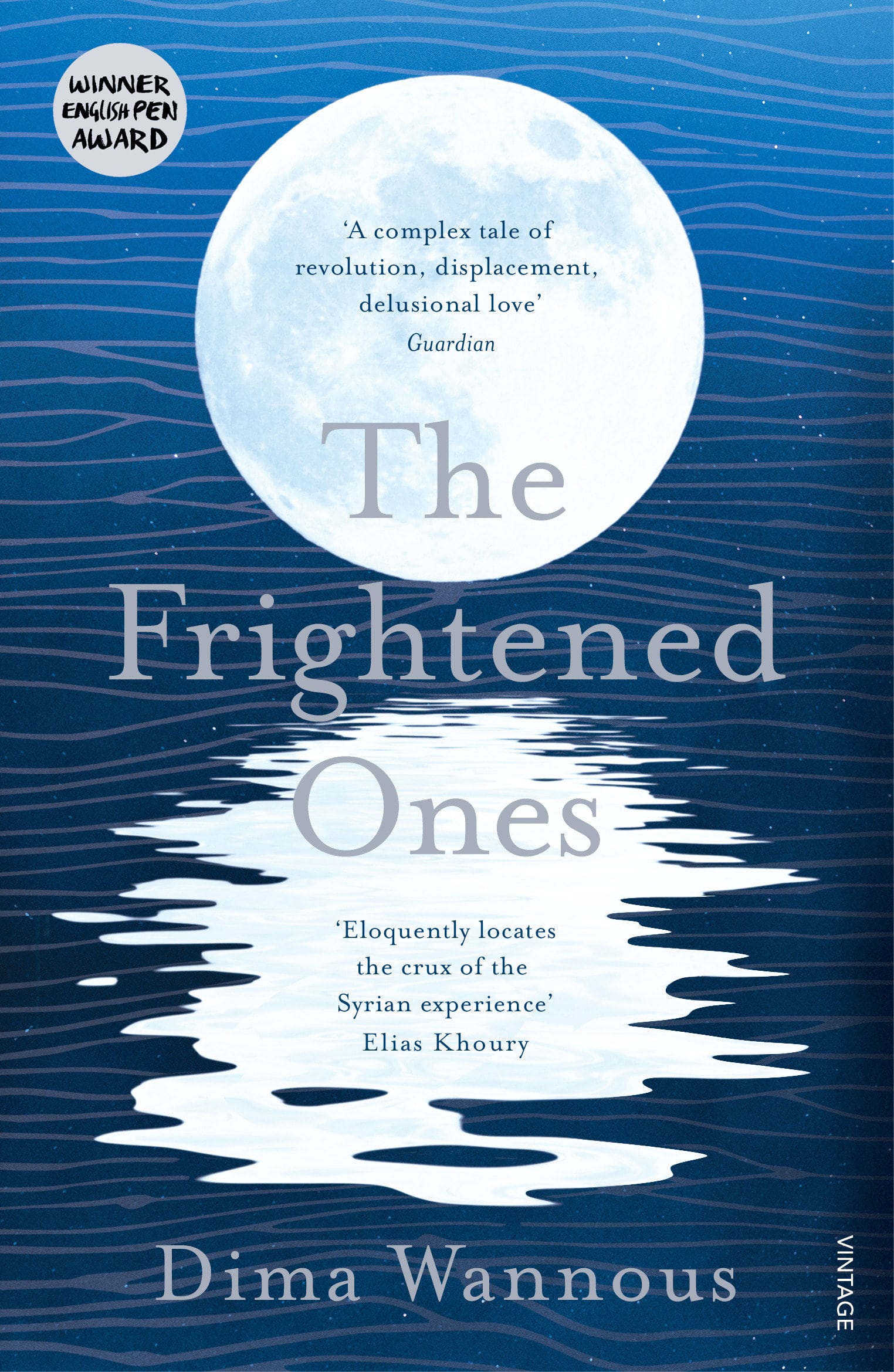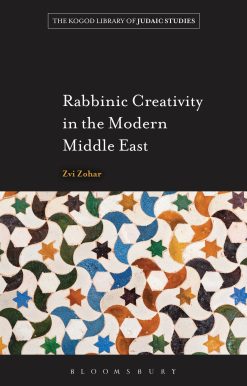The Frightened Ones
8.99 JOD
Please allow 2 – 5 weeks for delivery of this item
Description
‘A complex tale of revolution, displacement, delusional love’ GuardianIn Damascus, Suleima and Naseem’s relationship is torn apart by the outbreak of civil war. With Naseem now seeking refuge in Germany, he sends Suleima the unfinished manuscript of his novel – and what she reads will throw her entire identity into question. Who is the unnamed woman in the book, and just what is Naseem trying to say? In search of answers, Suleima must confront what has happened to her family, to her country, and start to make sense of who she is.Told with riveting immediacy, this is an intimate portrayal of living with fear from an electrifying new voice in international fiction.’A shocking journey through the realities of life under the Assad regime’ TLS
Additional information
| Weight | 0.205 kg |
|---|---|
| Dimensions | 1.7 × 12.8 × 19.8 cm |
| by | |
| Format | Paperback |
| Language | |
| Pages | 256 |
| Publisher | |
| Year Published | 2021-4-8 |
| Imprint | |
| Publication City/Country | London, United Kingdom |
| ISBN 10 | 1784707996 |
| About The Author | Dima Wannous (Author) Dima Wannous was born in 1982. She is a writer and translator who studied French literature at Damascus University and the Sorbonne. She is the author of a short story collection, Details (2007), and two novels, The Chair (2008) and The Frightened Ones (2017), which was shortlisted for the Arabic International Prize for Literature.Elisabeth Jaquette (Translator) Elisabeth Jaquette is a translator from the Arabic, whose work includes Basma Abdel Aziz’s The Queue (shortlisted for the TA First Translation Prize), Rania Mamoun’s Thirteen Months of Sunrise, and Adania Shibli’s Minor Detail. She is also Executive Director of the American Literary Translators Association. |
| Review Quote | ‘THE FRIGHTENED ONES eloquently locates the crux of the Syrian experience, during a time of brutal repression. In this brilliant novel, Dima Wannous tells us the story of the revolution through the voices of two women . . . With its economy of language, this captivating novel leaves us astounded by the ability of literature to create beauty amidst pain.’ |
| Other text | 'A complex tale of revolution, displacement, delusional love . . . most memorable in surreal details and glancing tales. The analyst Kamil emerges as the novel’s quiet hero – strangely reminiscent of Dr Rieux in Camus’s The Plague' |





